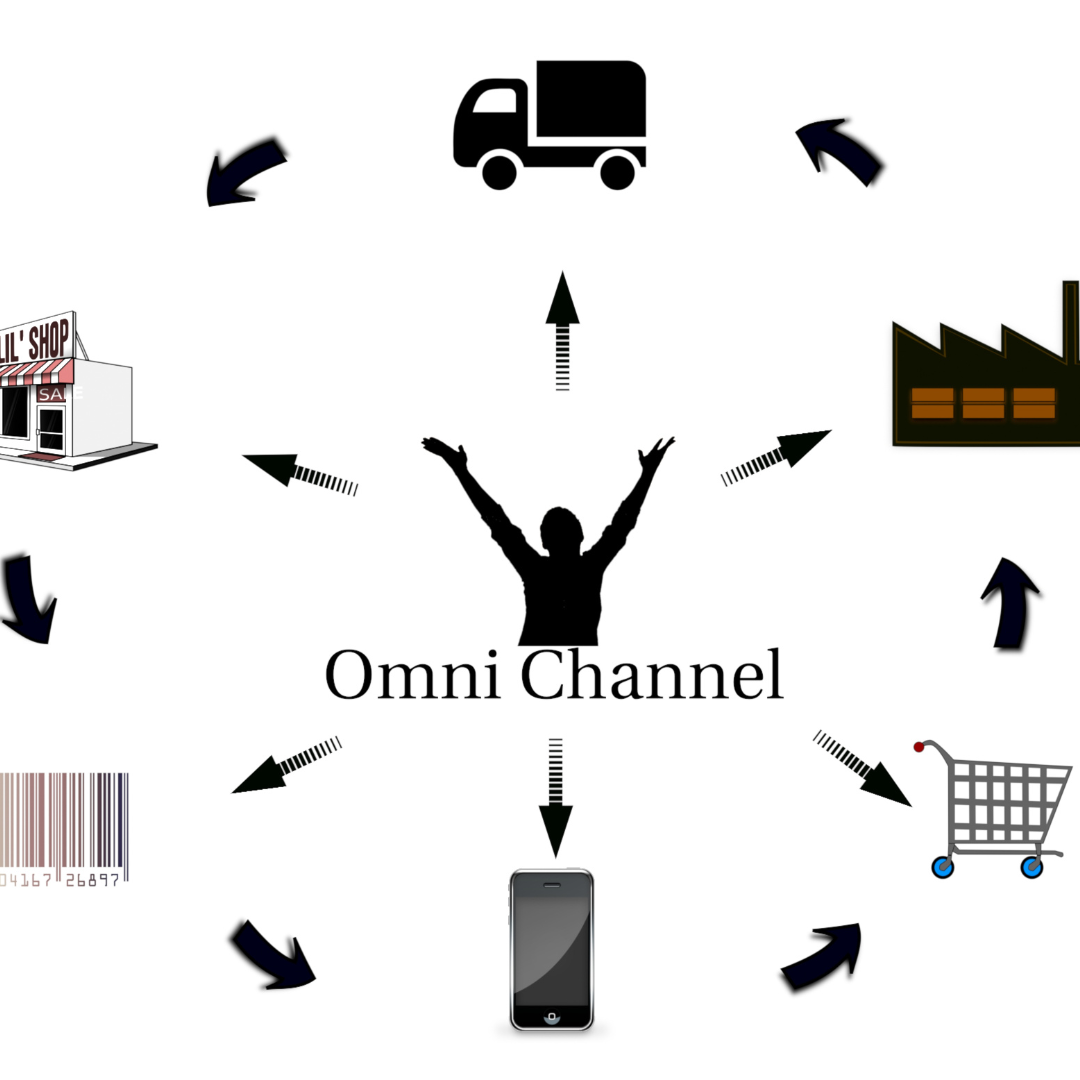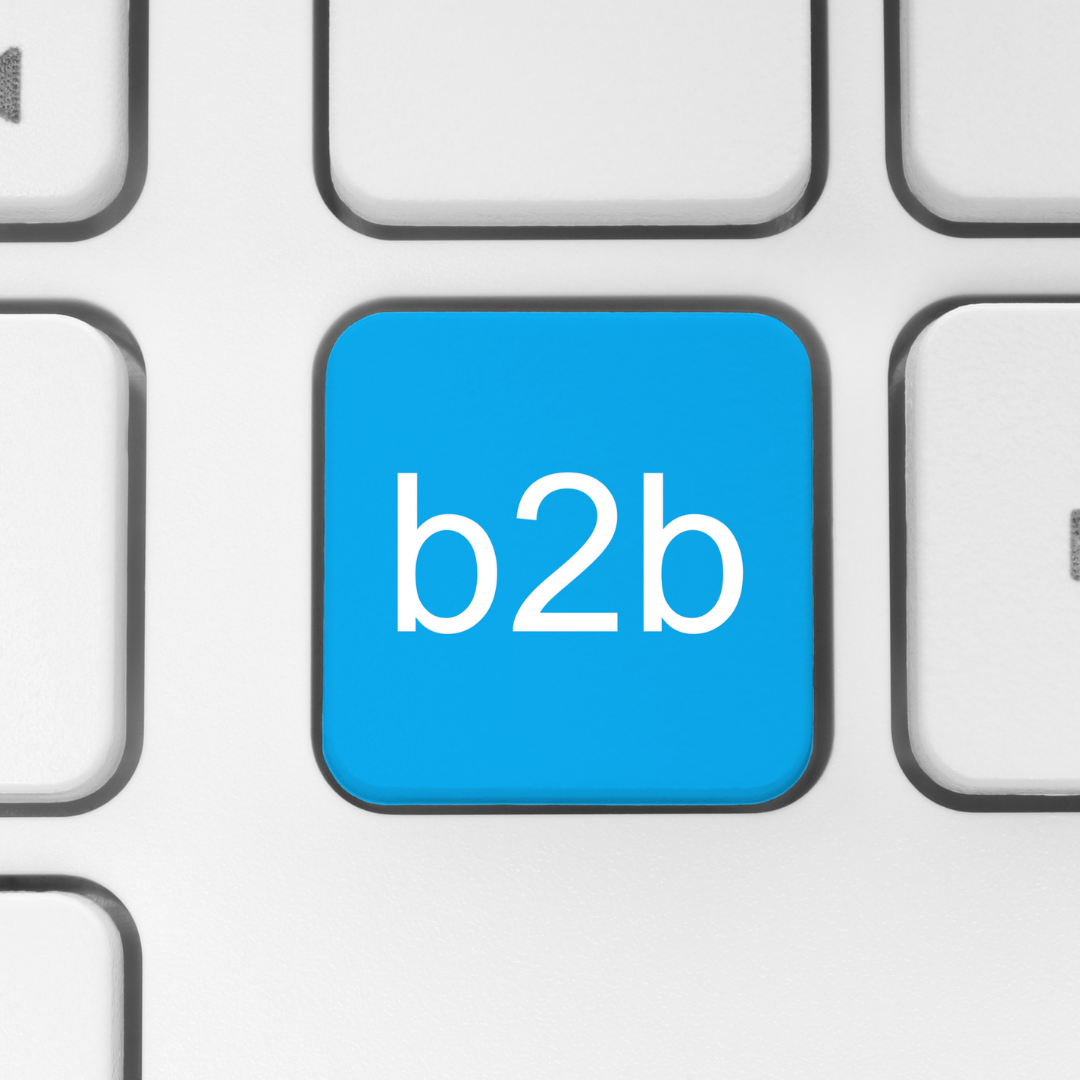A business budget is valuable for both a new business and an established one. A business budget is a financial plan that is critical for every business. It is the cornerstone of any business and serves as a basis for all the financial decisions you choose to make.
We all know that a business must produce revenue to be profitable, but another key element has a profound impact on profitability: budgeting. The process of setting up a budget helps you identify and manage your company’s spending. Before you can improve your business, you need to understand the available financial resources. You can take this scenario into consideration for your understanding. For instance, you own a bar in your local area. However, it is not doing so well, which is why you are on the verge of making changes to your business to improve it. From having unique bar menu ideas to using Atmosphere TV to offer digital bar signage that can display customizable content to your patrons, you might need it all to improve your business. But how will you make improvements if you are short on money? That is why before embarking on this journey, you might need to know about the financial resources available to you. Without thinking about the finances, it would be a risk to consider the above-mentioned improvements.
Anyway, remember that the purpose of business budget planning is to make well-informed decisions about the financial matters of your business. This will allow you to analyze and control the costs of running your business so that you can ultimately increase profits and ensure your business is sustainable. A budget can also be used to forecast your income, identify future costs and plan for future projects and growth. Take, for example, this situation. Assume that you own a food business and want to open a new restaurant in a new locality. Along with considering leasing a new building, decorating it, and planning the menu, you will also need to think about advertising and marketing your new restaurant. For that, however, you might need to hire something similar to an Event Marketing Food Truck that can help reach potential customers and bring them close to your food brand. That said, you must keep in mind that a plan like this cannot be executed if there is no money to back you up, which is why it is prudent that you consider budget planning to understand your financial condition.
All small business owners know the importance of planning strategies, but most don’t understand the financial elements involved in that planning. The process of business budget planning is often complex, but it all starts with an accurate, comprehensive analysis of a small business’s financial data.
From the very first day of your business, you’ll likely face difficulties and challenges, but you’ll be able to overcome them and expand your horizons. You’ll also discover that, after a few months, you’ll grow and thrive and become the business owner you’ve always wanted to be. The question is, once you’ve been in business for a few years, how do you stay on top of things? How do you keep growing? The answer is that it all comes back to the planning stage.
Successful small businesses depend on the effectiveness of a business owner’s planning process. One of the most critical elements of the planning process is business budget planning, which is also one of the final stages of the planning process. To begin, you have to gather company financial data, forecasts, and industry analysis to help you build your business budget.
Business budgets are often presented to the reader or client in a format that is designed to be effective and save time. For the most part, this is a good thing. However, you have to avoid overlooking important areas that could hurt your business. Not including all the income or sources of income that might be available to your business can be a big mistake. This could cause you to miss important opportunities to increase your profit and get more money into your bank account.
Planning Steps for Business Budget
A business budget is a detailed plan that details how the company will spend its money. It looks like a budget, but it’s not. It’s a plan that allows the business owner to sit down and determine how to allocate their resources and how much they will spend to maintain their financial health. The budget comes in many different forms and is used by a variety of different companies.
Every business owner needs to have a business budget in order for them to know where their money will go and what it will be spent on. For instance, having a business budget will allow an entrepreneur to know if the money will be spent on developing a website. They will have all the details of how much money will be needed to hire the services of firms similar to WebEnertia (https://www.webenertia.com/what-we-do/development/). Moreover, they will not lose track of their finances and hence can avoid any major financial setbacks.
Remember that the business budget is a list of the money to be spent on all the things that the business needs to be able to run its day-to-day operations. It is an important step in running a successful business. For example, if you would need to invest in a good quality cybersecurity system (similar to the ones given by Fortinet) for your business, you need to calculate the expenses for the same in your business budget and plan ahead accordingly. It is always better to be prepared beforehand, rather than spending excess later.
The modern economic environment is changing faster than ever before. The fact that businesses spend more and charge more for their goods, services, and financing demonstrates how competitive the business environment has become. You don’t have to be an expert in budget planning to understand that the cost of doing business is rising. But what you should really understand is the role businesses play in the economy.
A budget is a powerful tool to help you get a handle on your finances. It allows you to see at a glance how your business is performing and also to make better decisions. A budget is a living document, so it’s important to regularly review it for changes and compare it with actual accounts.







